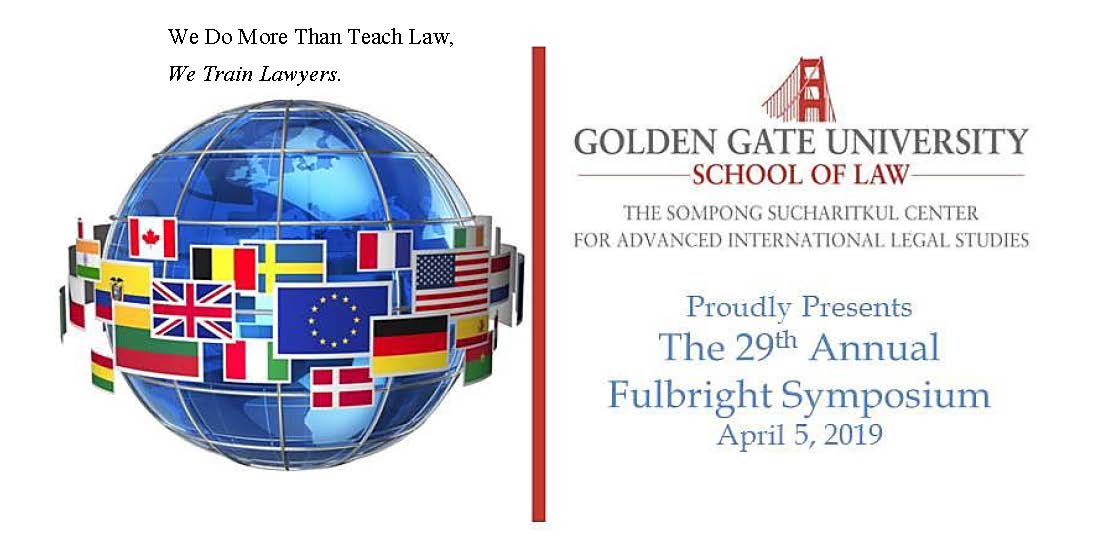Event Title
Cultural Exceptions to International Legal Norms: Women's Rights, Trade and the Environment
Start Date
17-3-2000 2:15 PM
End Date
17-3-2000 5:15 PM
Description
States invoke cultural exceptions as justifications for derogating from international legal obligations. For example, some developing countries claim cultural exceptions against the international legal norm of gender equality for women and sexual minorities. International legal scholars have debated the universality of human rights, but most implicitly assume that the norm of gender equality, unlike other human rights norms, is bounded by culture. These scholars have ignored the disparate treatment of culture in other areas of international law.
My article maps out the international legal discourse of cultural exceptions. It is not another argument for, or against, cultural exceptions. Rather, it explores the reason for the apparently inconsistent treatment of culture. To this end I examine the legal discourse deployed in two other cultural controversies: The European Union and Canada assert cultural exceptions against the W.T.O. rules that prohibit import barriers to U.S. publications, films and videos. Japan and Norway argue for a cultural exception to justify their rejection of the International Whaling Commission's ban on whale hunting. In both cases, the international community rejects cultural exceptions to international legal norms.
I conclude that cultural exceptions to international legal norms are tolerated only when they facilitate globalization. Globalization causes popular anxieties, which threaten the political consensus for market liberalization. In my view, restrictions on women and sexual minorities represent displaced cultural anxieties. The international legal system permits this derogation from the norm in order to maintain domestic support for globalization.
Cultural Exceptions to International Legal Norms: Women's Rights, Trade and the Environment
States invoke cultural exceptions as justifications for derogating from international legal obligations. For example, some developing countries claim cultural exceptions against the international legal norm of gender equality for women and sexual minorities. International legal scholars have debated the universality of human rights, but most implicitly assume that the norm of gender equality, unlike other human rights norms, is bounded by culture. These scholars have ignored the disparate treatment of culture in other areas of international law.
My article maps out the international legal discourse of cultural exceptions. It is not another argument for, or against, cultural exceptions. Rather, it explores the reason for the apparently inconsistent treatment of culture. To this end I examine the legal discourse deployed in two other cultural controversies: The European Union and Canada assert cultural exceptions against the W.T.O. rules that prohibit import barriers to U.S. publications, films and videos. Japan and Norway argue for a cultural exception to justify their rejection of the International Whaling Commission's ban on whale hunting. In both cases, the international community rejects cultural exceptions to international legal norms.
I conclude that cultural exceptions to international legal norms are tolerated only when they facilitate globalization. Globalization causes popular anxieties, which threaten the political consensus for market liberalization. In my view, restrictions on women and sexual minorities represent displaced cultural anxieties. The international legal system permits this derogation from the norm in order to maintain domestic support for globalization.

